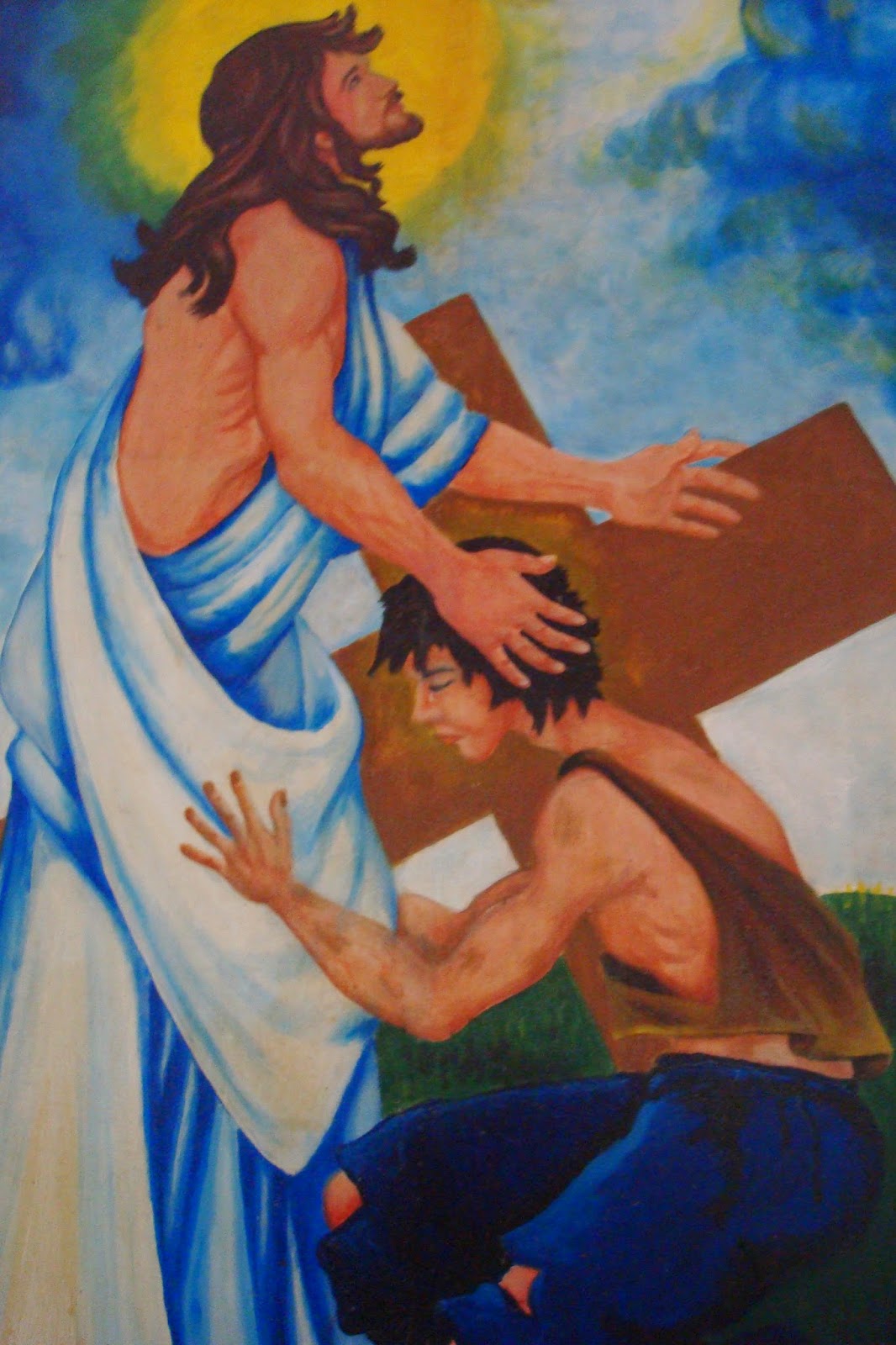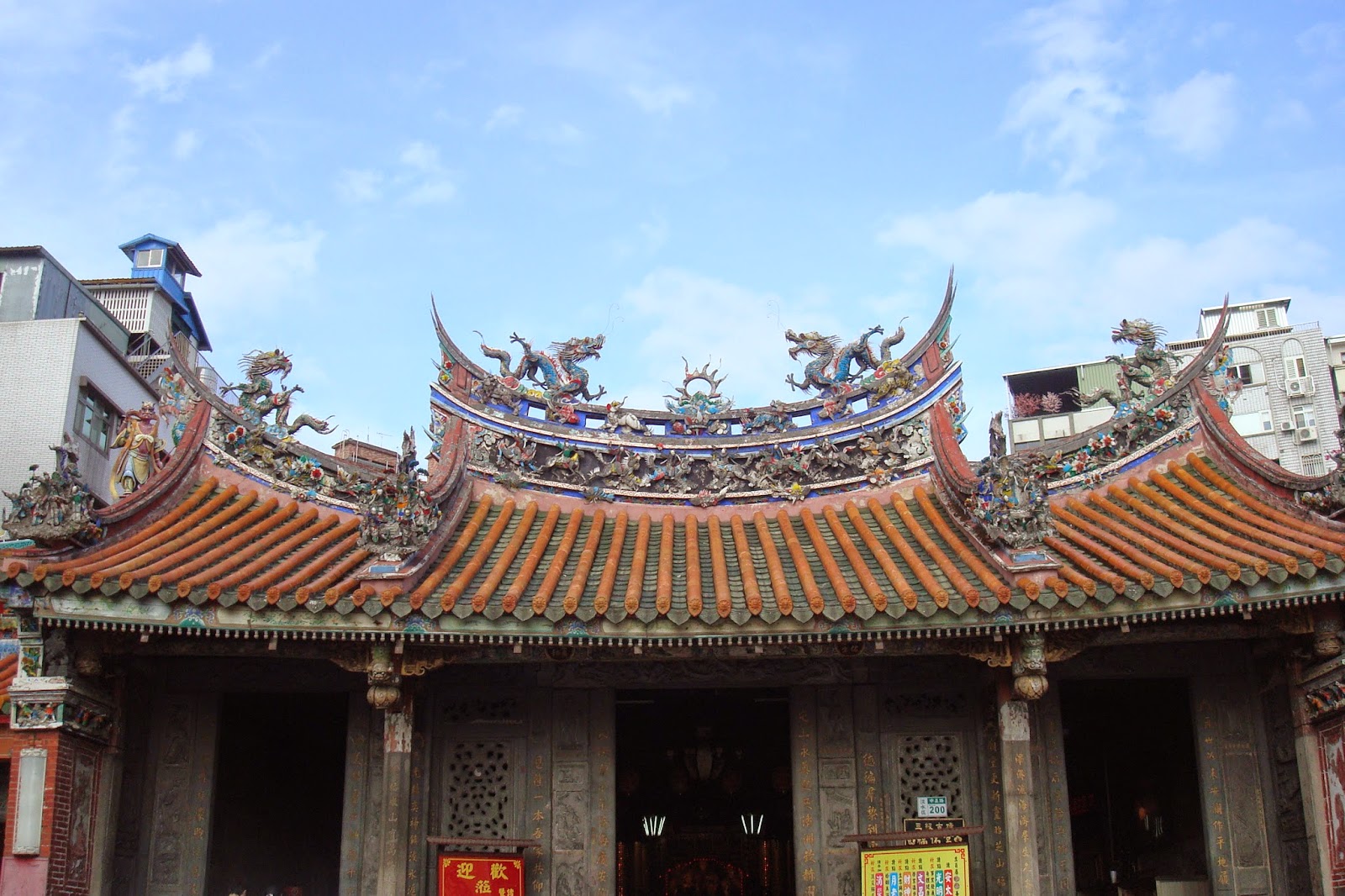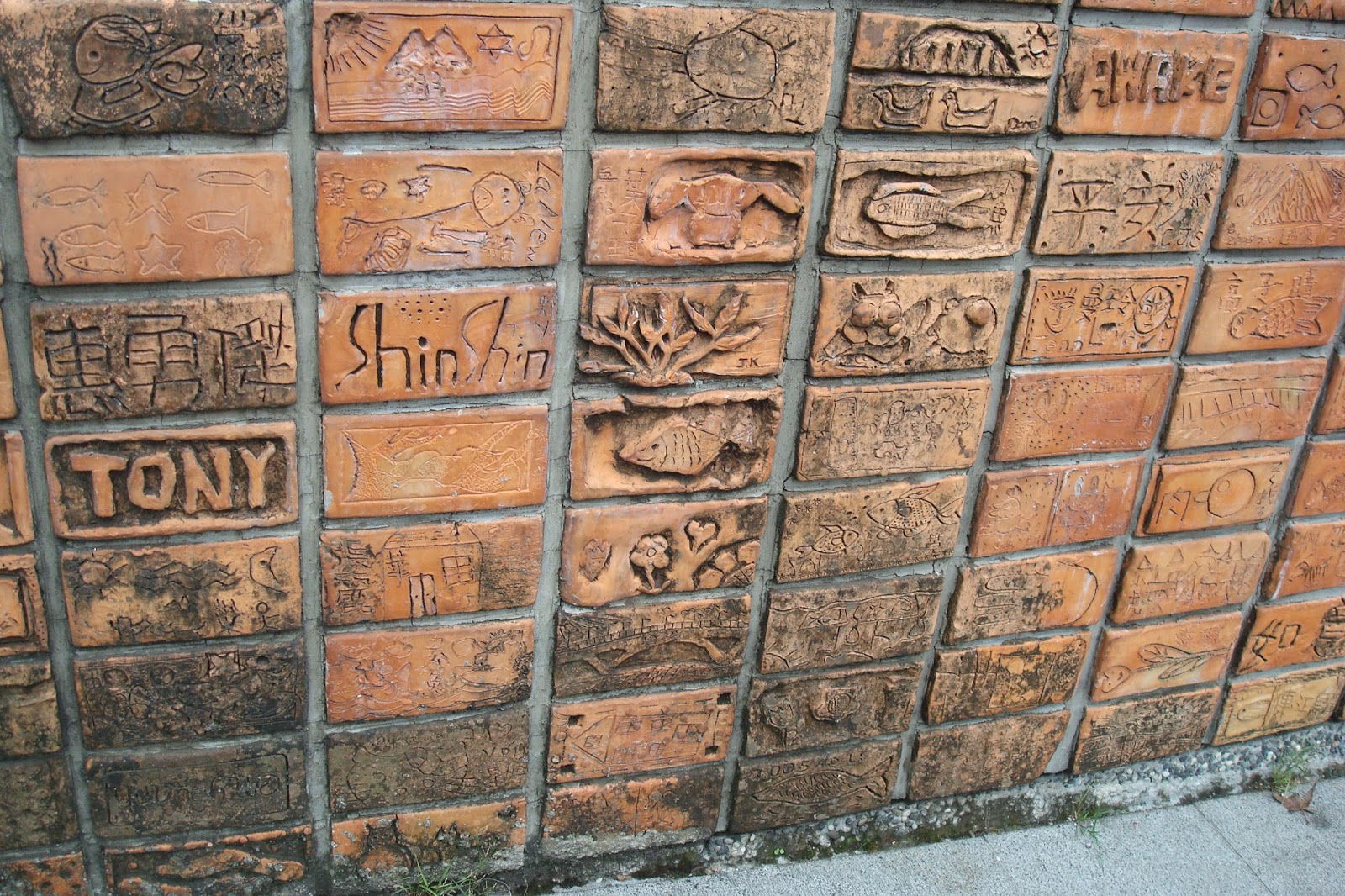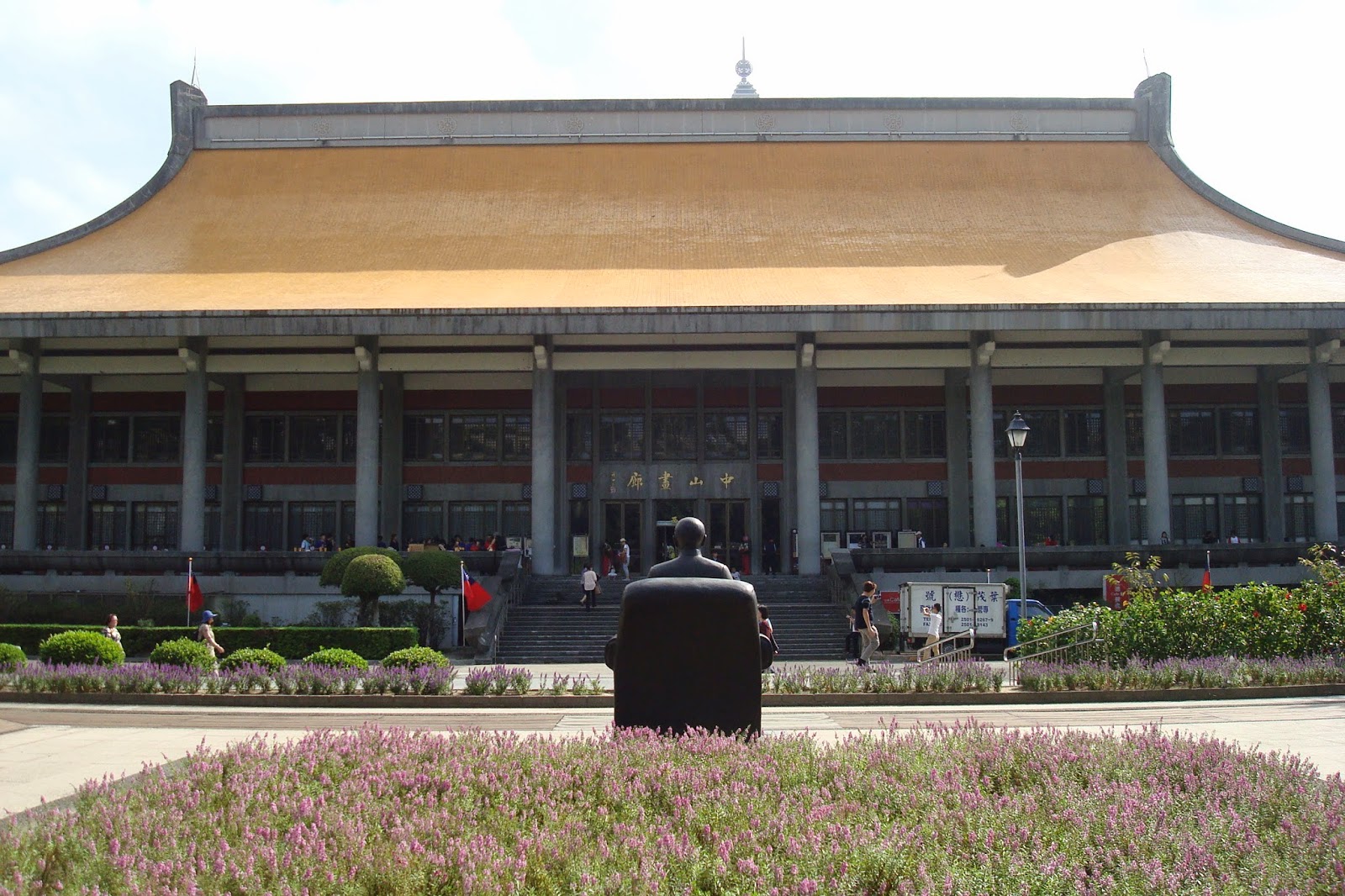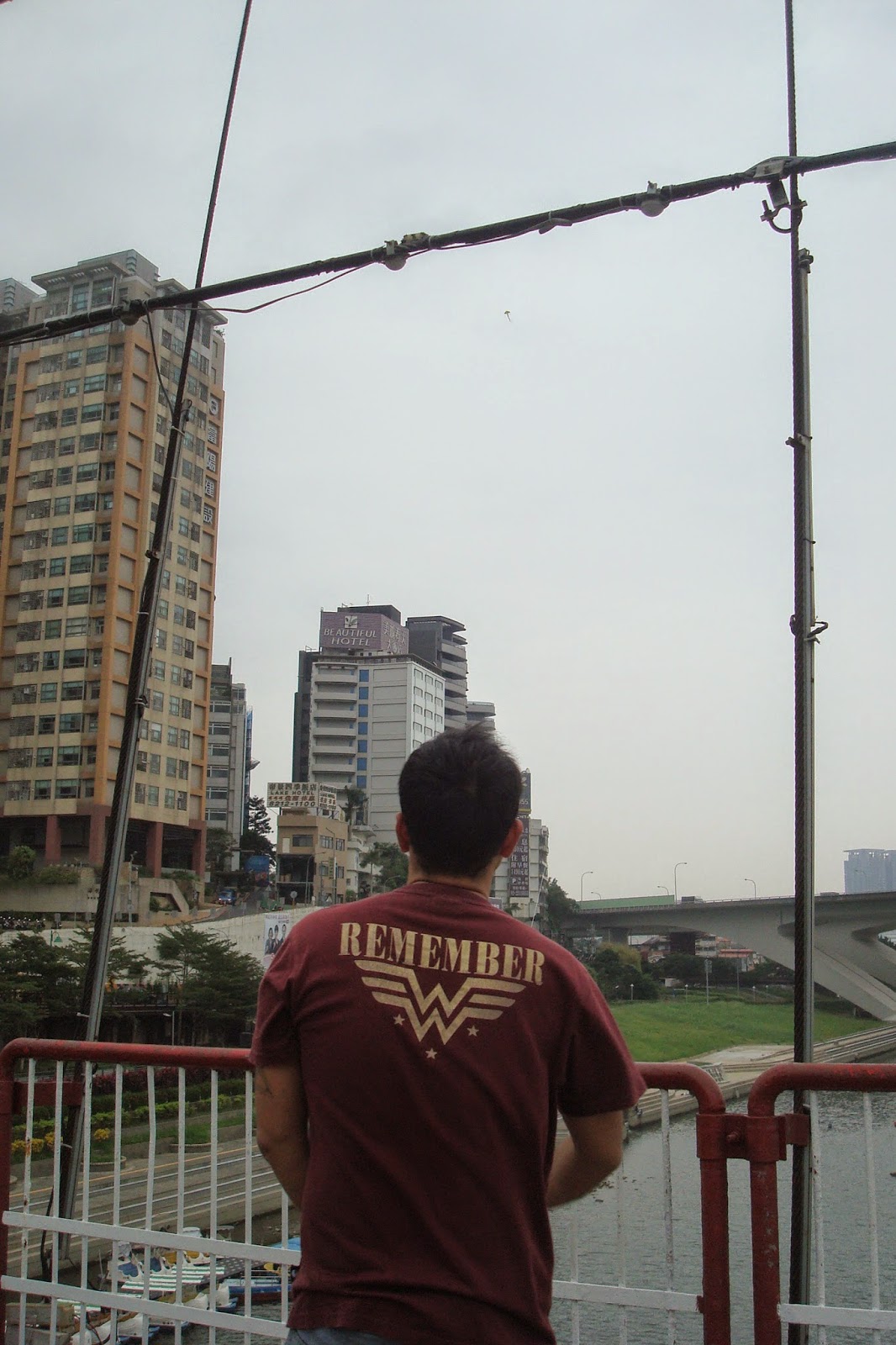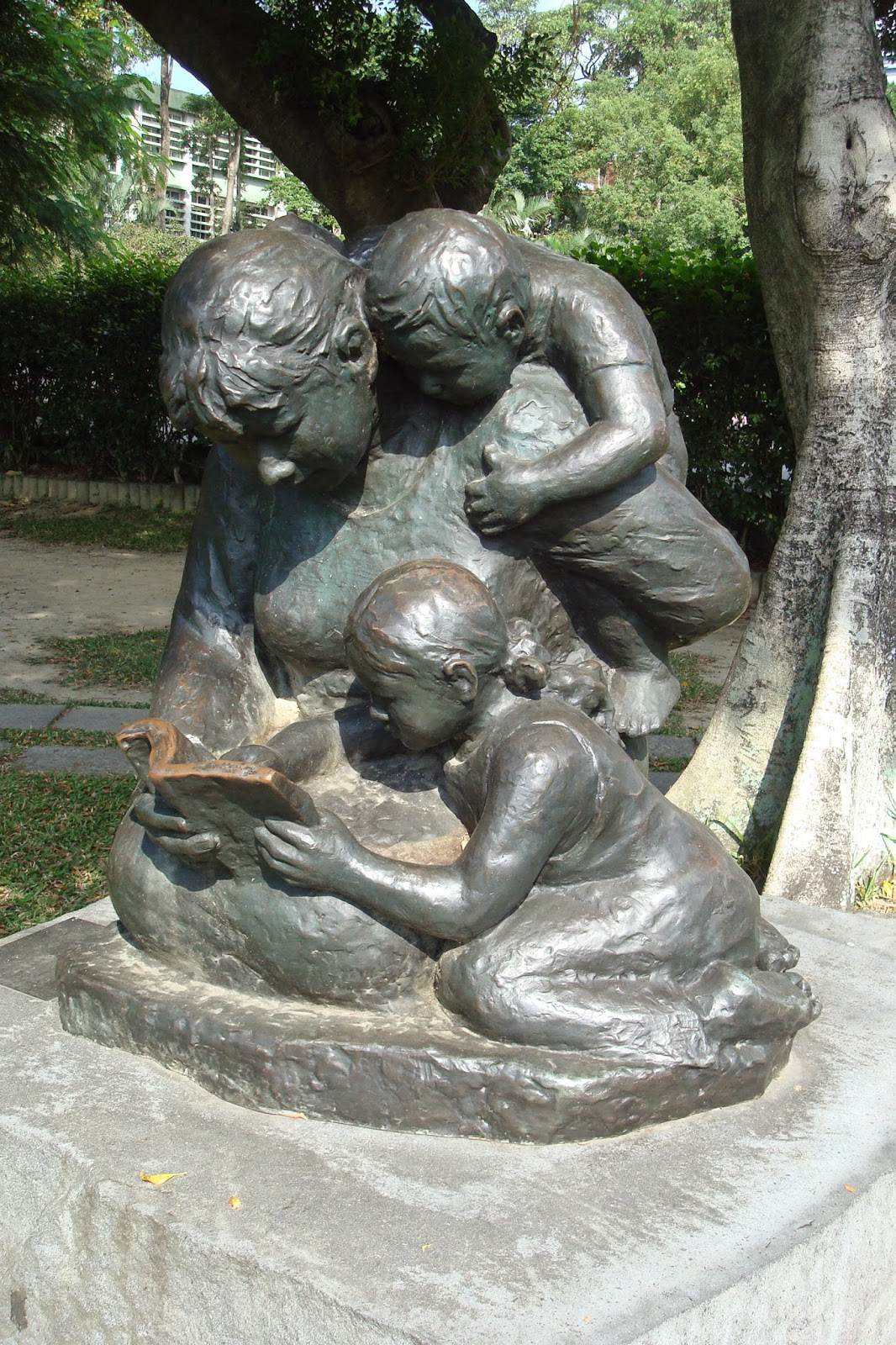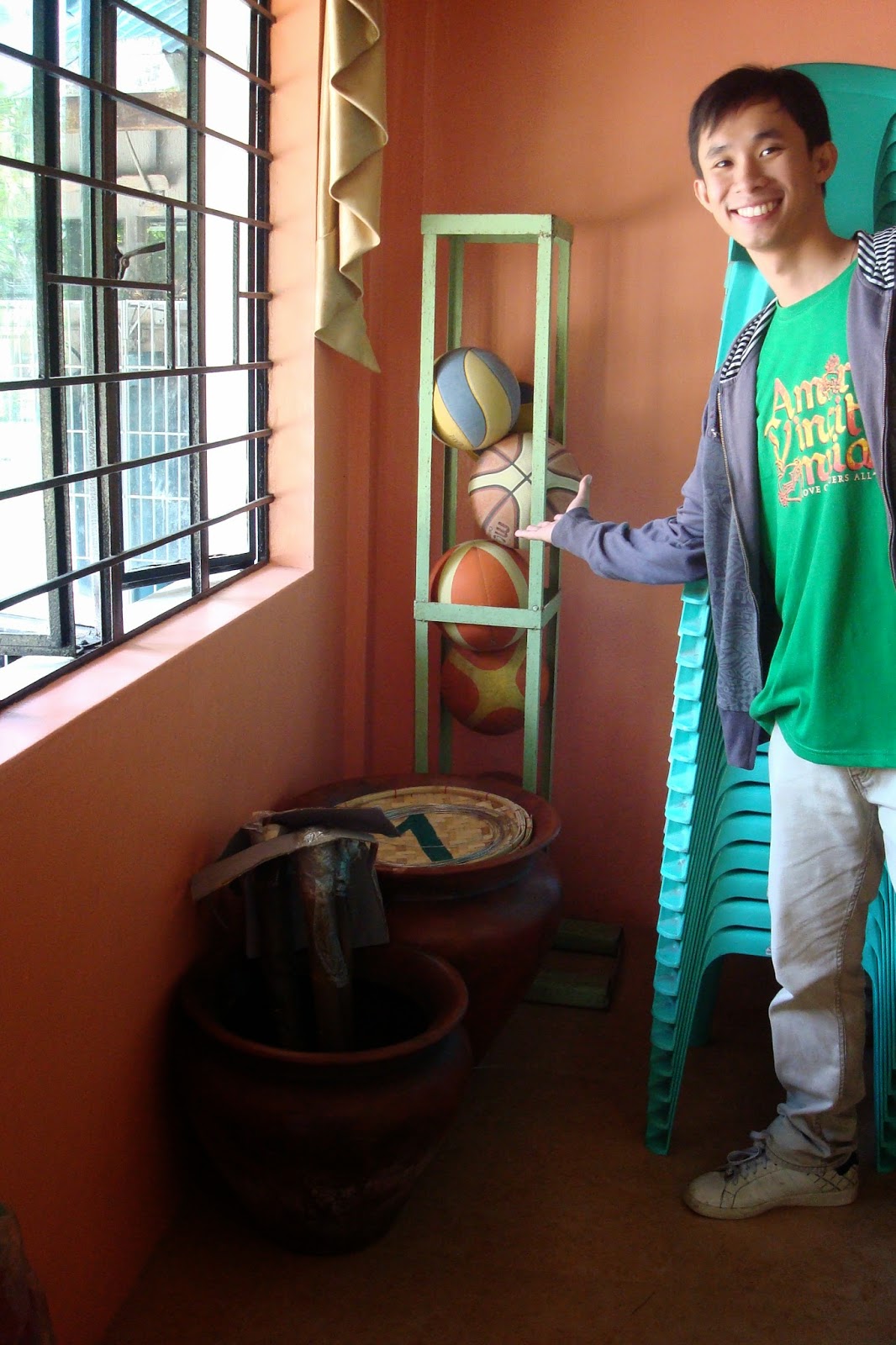isko, ang pagsabat sa panawagan

Isko, ang sabat sa panawagan, may not be your typical vocation story - although I believe there is no such thing as a typical vocation story – every vocation story is unique - but this musical play affirms the age old reality that a vocation can only grow with the support of the Christian community. We used to say in our vocation campaigns that no one is born a priest or a religious, for indeed a new born child though a bundle of so many possibilities is just that, a bundle of possibilities but with nothing definite. It is rather the family and the Christian community surrounding the child that affirms him or her in the religious vocation. Today therefore this musical play is in part a tribute to the parish community that makes a vocation grow.











